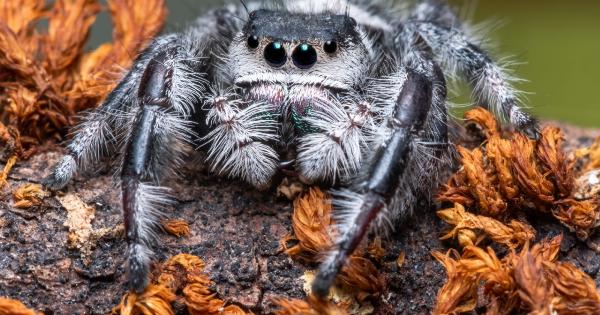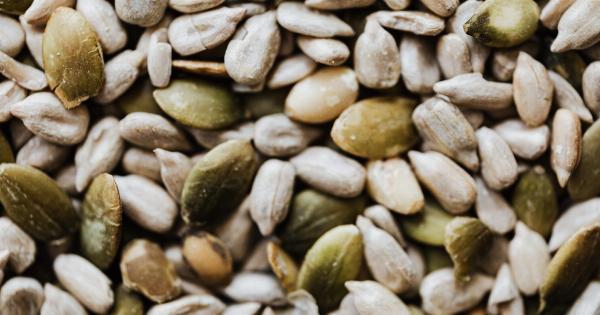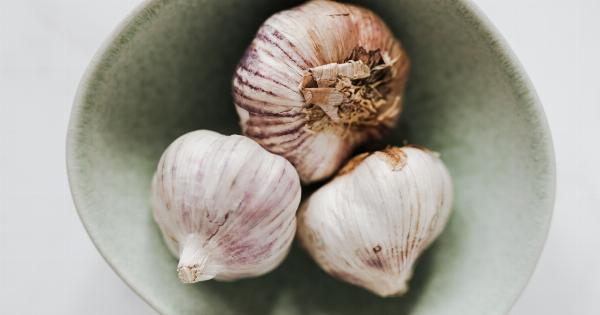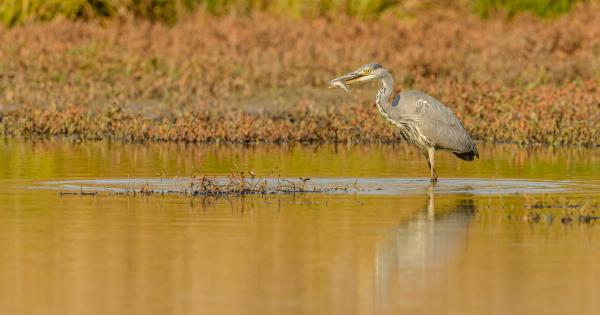Garlic has long been believed to repel mosquitoes and is often considered a natural alternative to chemical mosquito repellents. It has been used in various forms, such as garlic sprays, garlic pills, and even rubbing raw garlic on the skin.
But is there any scientific evidence behind these claims? In this article, we will examine whether garlic truly repels mosquitoes or if it is just a folk remedy.
What makes mosquitoes attracted to humans?
Before discussing the effectiveness of garlic as a mosquito repellent, it is essential to understand what attracts mosquitoes to humans. Mosquitoes are attracted to humans primarily by the carbon dioxide (CO2) we exhale.
They also rely on other factors like body heat, body odor, and even sweat to locate their prey. Additionally, mosquitoes are attracted to certain chemical compounds found in our sweat, such as lactic acid and ammonia.
Claims in favor of garlic as a mosquito repellent
Many proponents of garlic as a mosquito repellent assert that it acts by masking the scents that attract mosquitoes. The sulfur compounds in garlic are believed to interfere with the mosquito’s ability to detect these enticing scents.
Garlic is also said to release a strong odor through the skin, which repels mosquitoes.
Scientific studies on garlic as a mosquito repellent
While folk remedies often lack scientific evidence, some studies have looked into the effectiveness of garlic as a mosquito repellent. However, it is important to note that the results have been inconclusive.
Study 1: Garlic spray
A study published in the Journal of the American Mosquito Control Association investigated the effects of garlic spray on mosquito populations.
The research found that a garlic-based spray did have some repellent properties, but the effect was short-lived. The garlic spray was only effective for about one hour before mosquitoes started biting again. This suggests that garlic may not provide long-lasting protection against mosquito bites.
Study 2: Garlic consumption
Another study published in the journal PLoS ONE explored the effects of consuming garlic on mosquito attraction.
The researchers asked participants to consume garlic oil capsules daily and compared their attractiveness to mosquitoes to that of individuals who did not consume garlic. The results showed that garlic consumption did not significantly reduce mosquito attraction.
Study 3: Topical application of garlic
In a study conducted by researchers at the University of Florida, participants applied a garlic extract to their arms to test its effectiveness as a mosquito repellent.
The study found that while the garlic extract provided some protection against mosquitoes, it was not as effective as commercial mosquito repellents containing DEET. Participants reported higher levels of mosquito landings and bites when using the garlic extract compared to DEET-based repellents.
Why garlic may not be an effective mosquito repellent
There are several reasons why garlic may not be as effective as other mosquito repellents:.
1. Insufficient concentrations of active compounds
While garlic does contain sulfur compounds that may have mosquito-repellent properties, the concentrations present in garlic-based products may not be high enough to effectively repel mosquitoes.
Commercially available mosquito repellents often contain higher concentrations of active ingredients like DEET, which make them more effective in repelling mosquitoes.
2. Short duration of effectiveness
As seen in the previously mentioned study, the effects of garlic as a mosquito repellent may be short-lived.
This means that frequent reapplication of garlic-based products would be necessary to maintain protection against mosquito bites, making it a less convenient choice compared to other repellents.
3. Variability in individual reactions
Mosquitoes are attracted to individuals differently based on factors such as genetics, diet, and even the microbial communities living on our skin. Therefore, what might work as a mosquito repellent for one person may not be effective for another.
This individual variability could explain why some people claim garlic works for them while others report no benefit.
The bottom line
While garlic may have some mosquito-repellent properties, the available scientific evidence suggests that it is not as effective as commercial repellents like DEET.
The concentrations of active compounds in garlic-based products may be insufficient, and the duration of effectiveness is typically short. Additionally, individual variability in reactions to different mosquito attractants can play a role in the perceived effectiveness of garlic as a repellent.
It is important to emphasize that relying solely on folk remedies like garlic for mosquito repellent may put individuals at risk of mosquito-borne diseases.
Therefore, it is recommended to use scientifically proven mosquito repellents, follow preventive measures such as wearing protective clothing, and eliminating mosquito breeding grounds to reduce the risk of mosquito bites.































